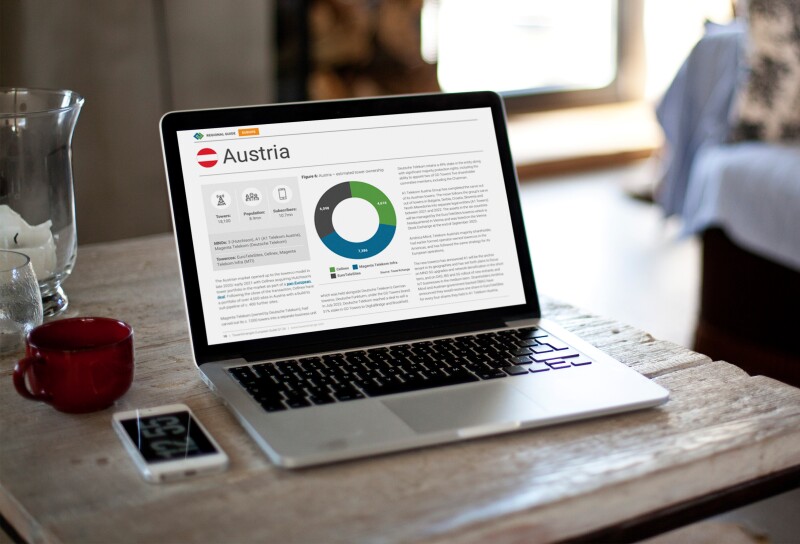The UK government has announced a series of new projects supported by the UK Space Agency, the Department for Science, Innovation and Technology (DSIT) and the European Space Agency, to test innovative hybrid connectivity solutions for the most remote parts of the country.
Plans are being backed by £3.5mn in funding to boost broadband coverage, leveraging Low Earth Orbit (LEO) and Geostationary Orbit (GEO) satellites for flexible and high-speed connectivity.
Many rural and remote locations in the UK, particularly around the islands off the coast of Ireland and Scotland, still face limited access to broadband internet. Challenging terrain and sparse populations mean traditional infrastructure can be very operationally and commercially challenging to deploy.
Three new projects have been announced that will test hybrid connectivity solutions in some of the hardest-to-reach areas of the country.
The first is on Rathlin Island in Northern Island, with a population of 141, but attracting around 40,000 annual visitors. A £2mn pilot project aims to combine LEO and GEO satellite terminals with wireless technologies to enhance connectivity.
The second project is on remote Shetland isle Papa Stour, where a similar £1mn project will test hybrid networks for faster internet speeds.
A third project will develop portable satellite terminals combining LEO and GEO signals, mounted on vehicles for rapid mobile connectivity to support emergency services as well as other use-cases.
Telecoms Ministry Chris Bryant commented that “Digital infrastructure is essential for our modern way of life. But for too long, many businesses and communities have felt left behind.”
“These pilots, for instance, will help shape the next generation of connectivity, using a combination of satellite technology and mobile networks to test innovative new services that could be a real game-changer for remote and rural communities.”
This follows a recent announcement from the Labour government in its first Autumn Budget to commit £500mn to improve broadband speed and mobile coverage across the UK, with a focus on rural areas.
Chancellor Rachael Reeves highlighted that the funding would support ongoing projects such as the £5bn Project Gigabit, targeting 99% Gb broadband by 2030, and the £1bn Shared Rural Network (SRN) initiative to achieve 95% 4G mobile coverage by 2025.
Towercos have been playing a key role in supporting these initiatives. Vantage Towers’ Cape Clear Island connectivity project has targeted connecting rural communities off the cost of Cork.


